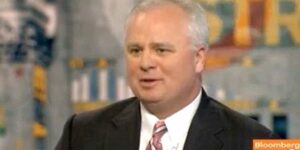
How HR Can Help Employees Who Live in Maternity Care Deserts
The U.S. maternal health crisis is getting worse, with far too many women struggling to find necessary maternity care. This problem is most severe in

The U.S. maternal health crisis is getting worse, with far too many women struggling to find necessary maternity care. This problem is most severe in

Now more than ever, employers feel a mandate to take good care of their people. And that responsibility is bigger than how best to empower

If a company eliminates applicants because of an unhealthy behavior, are they fostering workplace wellness, or cutting healthcare costs? Are they promoting a culture of

How can employers win the hearts and minds of today’s workforce? The TalentCulture community takes a closer look — for better or worse.